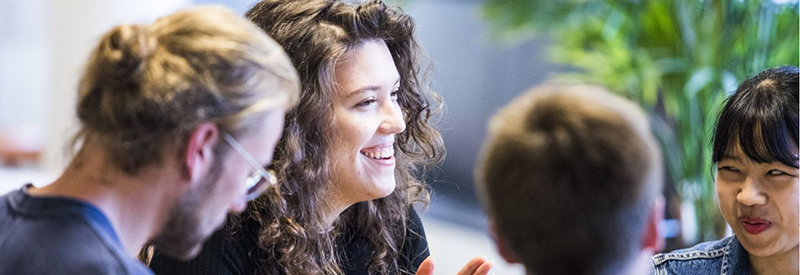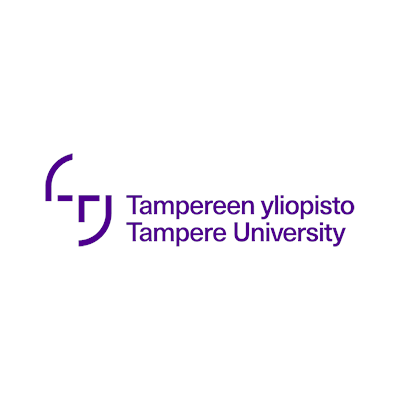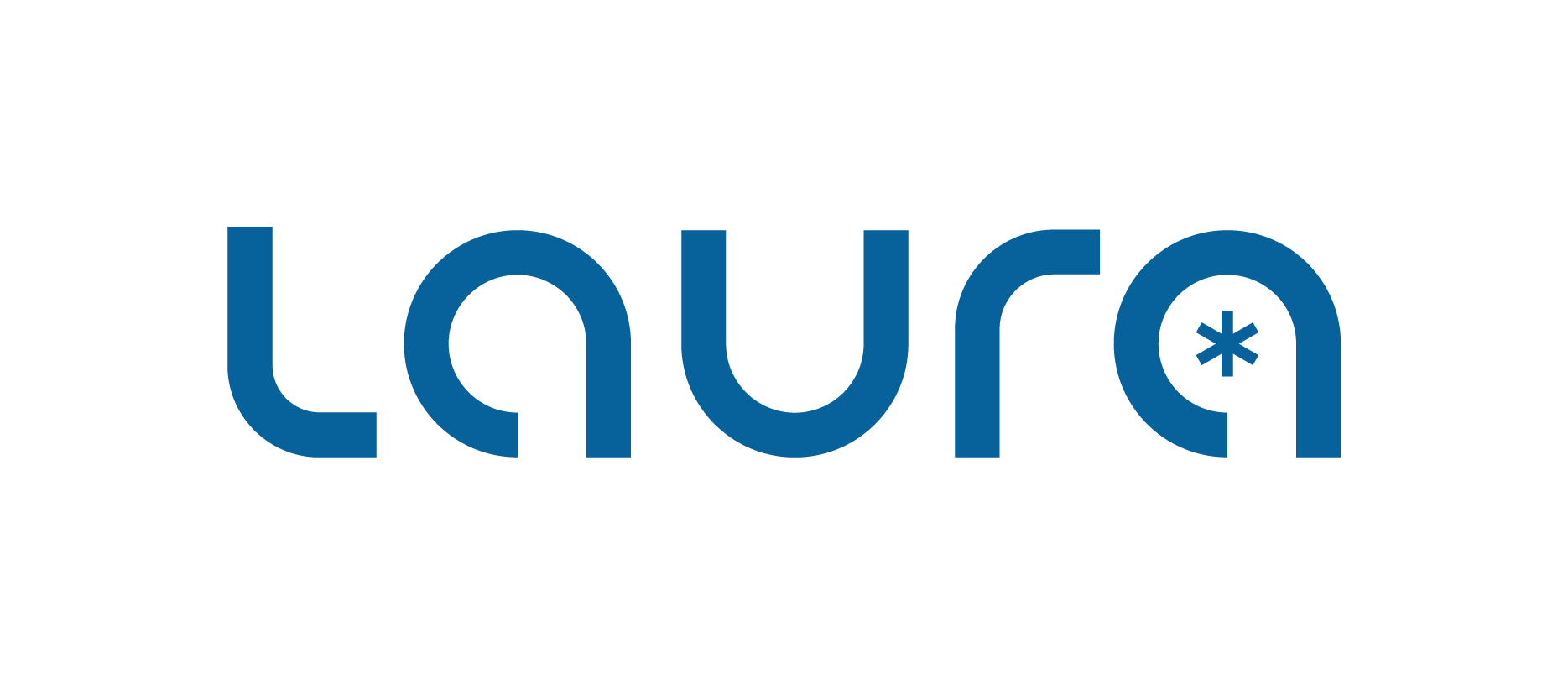Doctoral Researcher (computational research of platformed organizing) / Väitöskirjatutkija (alustoituneen organisoitumisen laskennallinen tutkimus)

Tampere University and Tampere University of Applied Sciences create a unique environment for multidisciplinary, inspirational, and high-impact research and education. Our university community has its competitive edges in technology, health, and society. Read more at www.tuni.fi
Are you interested in investigating digital platforms in societies and modern organizations?
Digital platforms play an increasingly important role in the ways formal organizations and informal collectives organize and communicate. Recently, chatbots and other forms of communicative and generative AI have entered the stage, changing how organizing takes shape in digital spaces. Generative Technologies in Communicative Organizing (GET:ORG) is a Research Council of Finland-funded project that develops computational methodology to investigate this social phenomenon. In GET:ORG, we theorize and empirically analyze the agency of novel interactive and generative technologies, such as automated conversations, categorizations, feeds, and AI assistants, in both producing and constraining organizing.
As a doctoral researcher joining our interdisciplinary team, you will be working at the intersection of two disciplines, organizational communication research (and social science in general) and applied computer science. You will help us to develop concrete ways to draw theoretically and societally relevant insights from data collected from organizations that emerge and operate on modern digital platforms.
Job Description
The candidate’s work will be focused on conducting doctoral research toward the completion of a doctoral dissertation within the GET:ORG project. It will mainly consist of research activities including research design, methodology development, data analysis, theory building, article writing, and sharing the created knowledge through conferences and journal publications. Moreover, the candidate is encouraged to join the emerging research community at the intersection of organization/organizational communication research and computational methodology. Opportunities to gain experience in academic teaching are also available.
If not already enrolled, the selected candidate will be expected to enroll in an applicable doctoral program at the Faculty of Management and Business.
Working Environment
You will be joining the interdisciplinary research group that forms GET:ORG, a research project funded by the Research Council of Finland.
While your institutional home base will be at the Unit of Knowledge and Information Management at Tampere University, your day-to-day team includes members from the University of Helsinki and the University of Jyväskylä. Salla-Maaria Laaksonen leads the project in collaboration with Kaisa Lindholm and Jukka Huhtamäki. Jukka and Kaisa will serve as your dissertation supervisors.
Research at the Information and Knowledge Management (IKM) unit focuses on knowledge-based value creation from three intertwined perspectives: Management of Information Systems, Knowledge-based Management, and Management of Digital Business. Knowledge-based management includes classic knowledge management, intellectual capital, and business and data analytics, complemented with a managerial view of data-based decision-making. Management of Information Systems covers various information systems research topics ranging from their management and use to their implementation and adoption, as well as details related to information management activities. Management of Digital Business deals with the digitalization of processes and services, the development and exploitation of business models, the data economy, ecosystems, various business support platforms, and platform technologies. The perspectives complement each other and support multidisciplinary and broad views on different knowledge-intensive topics in the era of digital transformation.
Tampere University is located in Tampere, a city located at the intersection of two lakes. Visit Tampere has more on what Tampere has to offer; https://visittampere.fi/en/
Requirements
The basic requirement for this position is an existing Master’s degree or equivalent in a relevant field such as Digital Humanities, Computer Science, Sociology, Data Science, Media Studies, Social Studies, Management Studies, or related disciplines. Moreover, we expect proficiency in writing and collaborating in English.
The ideal candidate for this position has some previous experience in working with big digital social datasets and using computational methods. Moreover, as we are investigating the social processes of organizing, you will be reading and writing about the theory on collective action, organizing, and communication. Therefore, the candidate is expected to be interested in developing their knowledge on the aforementioned topics. The research profile is interdisciplinary and we are very much willing to work together with interested candidates to identify a suitable match between the research project requirements and the capabilities and interests of the candidate.
Additionally, due to the aims and approaches of the project, doctoral researcher accepted to the position would be expected to proactively and independently build networks in industry, societal, policy, educational, and other stakeholders, as well as actively engage with media outlets.
Applicants are required to possess SOME of the following expertise and abilities:
- Designing and implementing data processing pipelines for digital communication data/big digital social data
- Knowledge of the theories on communication, collective action, and/or organizing on digital platforms
- Knowledge of natural language processing (NLP) tools such as SpaCy or NLTK
- Knowledge of network analysis tools including NetworkX.
- Competence in machine learning technologies (Pandas, scikit-learn, TensorFlow, PyTorch).
- Experience in developing and evaluating interactive prototypes of machine learning applications.
- Proficiency in state-of-the-art computational tools, including high-performance computing environments.
- Proficiency in computational data analysis tools (e.g., Jupyter Notebooks, Matplotlib, Plotly)
- Open-mindedness and willingness to work in an interdisciplinary environment
Advantageous qualities include an interest in translating knowledge between disciplinary boundaries and motivation for pursuing a career in research
We offer
- Duration: Fixed-term position until 30.4.2028.
- Start date: Immediately or as soon as possible.
Salary will be based on both the job requirements and the employee’s personal performance in accordance with the Finnish University Salary System. According to the criteria applied to teaching and research staff, the position of a doctoral researcher is placed on levels 2-4 of the job requirements scale. A typical starting salary for a Doctoral Researcher is approximately 2600 € per month. The salary increases are based on the progression of doctoral research and studies.
The inter-university arrangement offers a unique opportunity to work in an active and innovative research community. We offer a wide range of staff benefits, such as occupational health care, yearly vouchers for sports and cultural activities, flexible working hours, excellent sports facilities on campus, and several restaurants and cafés on campus with staff discounts.
Please read more about working at Tampere University and Tampere University as an employer.
How to Apply
Please submit your application through our online recruitment system. The closing date for applications is Wednesday, September 18, 2024 (23:59 EEST / UTC +3) Please write your application and all accompanying documentation in English and attach them in PDF format only.
List the attachments that candidates should append to their applications:
- CV/resume
- A letter (max 1000 words) that briefly outlines motivation to apply, background and skills related to positions, tentative research questions/ideas, earliest starting date, and any other miscellaneous remarks that the candidate wishes to make
- One or two samples of academic writing (e.g., course work or research article)
For further information, please contact:
Jukka Huhtamäki, jukka.huhtamaki@tuni.fi
Kaisa Lindholm, kaisa.a.m.lindholm@jyu.fi
**********
Tampereen yliopisto ja Tampereen ammattikorkeakoulu muodostavat yhdessä Suomen toiseksi suurimman monitieteisen, innostavan ja vaikuttavan tutkimus- ja oppimisyhteisön. Korkeakouluyhteisömme osaamiskärjet ovat tekniikka, terveys ja yhteiskunta. Lue lisää: www.tuni.fi
GET:ORG tutkii uudenlaisia organisoitumisen muotoja, joita syntyy asiantuntijayhteisöjen viestinnässä digitaalisilla alustoilla. Hanke tutkii, miten alustat mahdollistavat ja muovaavat organisoitumista ja siihen liittyviä valtarakenteita. Tarkastelussa on erityisesti automatisoitujen ja generatiivisten teknologioiden, kuten kategorisointien, kuratoinnin ja viestinnällisen tekoälyn toimijuus. Aineistona käytetään erilaisten organisaatioiden ja organisaatiomaisten yhteisöjen laajoja digitaalisia keskusteluaineistoja. Aihetta tutkitaan myös teknografian ja käyttäjähaastattelujen keinoin. Monitieteisessä hankkeessa yhdistyvät organisaatiotutkimuksen, viestinnän, informaatiojärjestelmien tutkimuksen ja laskennallisen yhteiskuntatieteen näkökulmat. Hanke tuottaa uutta tietoa digitaalisesta organisoitumisesta yhteiskunnassa sekä luo raameja laskennallisten menetelmien käytölle organisaatiotutkimuksessa.
Tehtävänkuvaus
Tämä väitöskirjatutkijan tehtävä sijoittuu organisaatioviestinnän ja soveltavan tietotekniikan rajapinnalle. Edellytämme hakijoilta osaamista laskennallisten usein datatieteen alle luettavien menetelmien soveltamisesta suurten digitaalisten aineistojen analyysissä. Luonnollisen kielen käsittely, koneoppiminen ja verkostoanalyysi ovat esimerkkejä soveltuvista lähestymistavoista. Lisäksi tehtävässä menestyminen edellyttää kiinnostusta ja motivaatiota kehittää laskennallisia menetelmiä organisaatioviestinnän tutkimuksen edistämiseksi. Räätälöimme täsmällisen tehtäväkuvan yhdessä sinun kanssasi.
Hakuohjeet
Lue tarkemmat tiedot tehtävästä ja hakuohjeet yllä olevasta englanninkielisestä ilmoituksesta.
Jätäthän hakemuksesi yliopiston sähköisellä hakulomakkeella (linkki löytyy tämän ilmoituksen alta).
Hakuaika tehtävään päättyy keskiviikkona 18.9.2024 klo 23.59.




